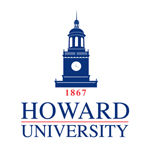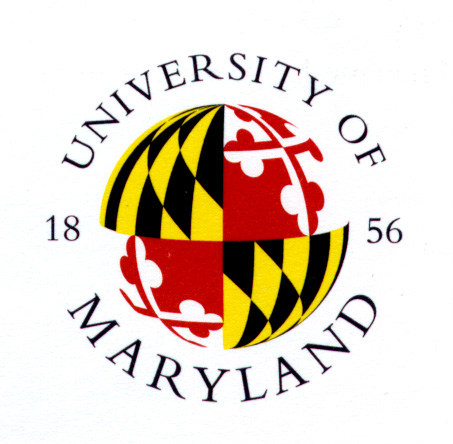Abstract:
A Riemannian manifold $(M,g)$ is said to be Curvature-homogeneous if it is homogeneous to second order, i.e., if, for any two points in $M$ the Riemannian tensors are equivalent under some isometry of the two tangent spaces. Of course, a locally homogeneous metric is curvature-homogeneous, but the converse is not true in dimensions greater than $2$. ( For a surface (i.e in dimension $2$) curvature-homogeneity is equivalent to having constant Gaussian curvature, and such metrics are, of course, all classified locally and they are locally homogeneous.)
Already in dimension $3$, there are many questions about the existence and generality of curvature homogeneous metrics, even locally. In this case, curvature-homogeneity is equivalent to having the eigenvalues of the Ricci curvature be constant, which is a system of partial differential equations on the metrics.
In the talk, I will review what is known about such metrics in dimension $3$, particularly the work of O.Kowalski and his collaborators during the 1990s. I will show that, for certain values of the eigenvalues of the Ricci tensor, these partial differential equations are integrable by the Darboux' method, which yields some surprising relations with classical subjects, such as the theory of holomorphic curves in the complex projective plane.





